They’re helpful creatures that mostly keep to themselves, but spiders still inspire terror in many people.
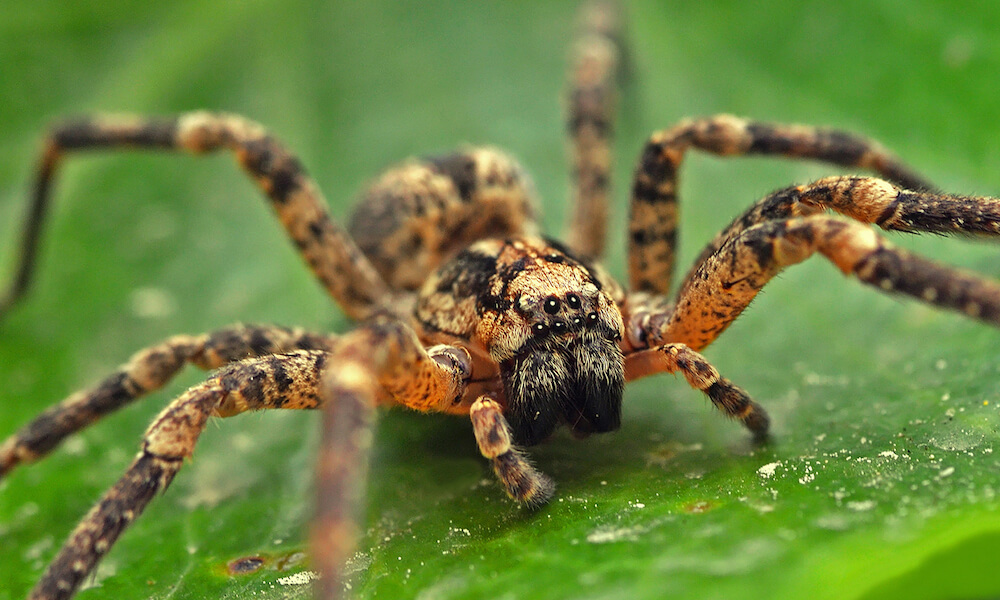

They’re helpful creatures that mostly keep to themselves, but spiders still inspire terror in many people.
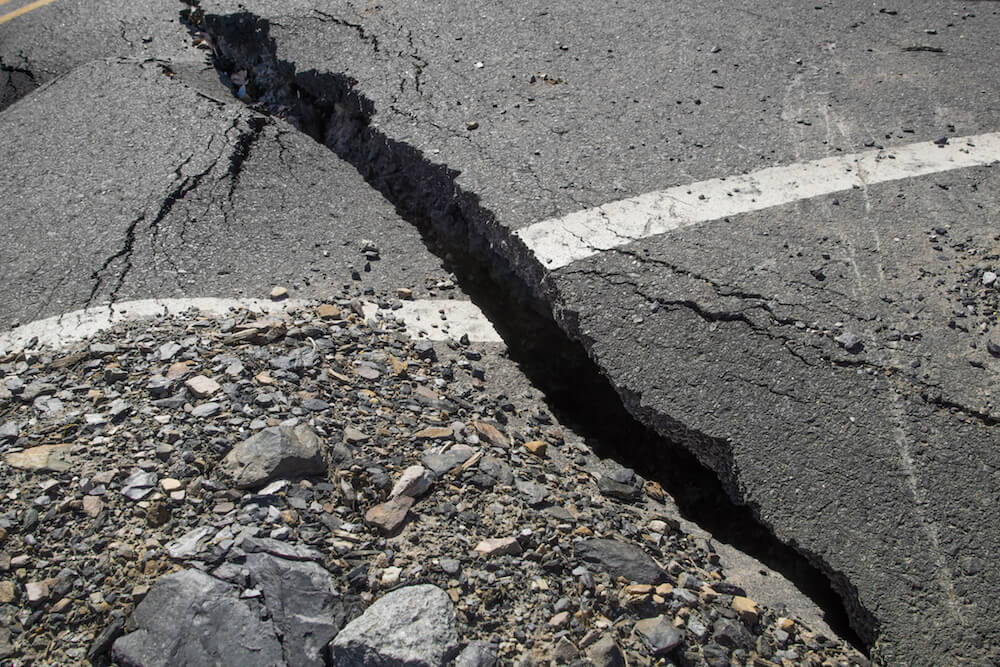
Southern Californians question what is to come after several earthquakes have them bracing for “The Big One.”
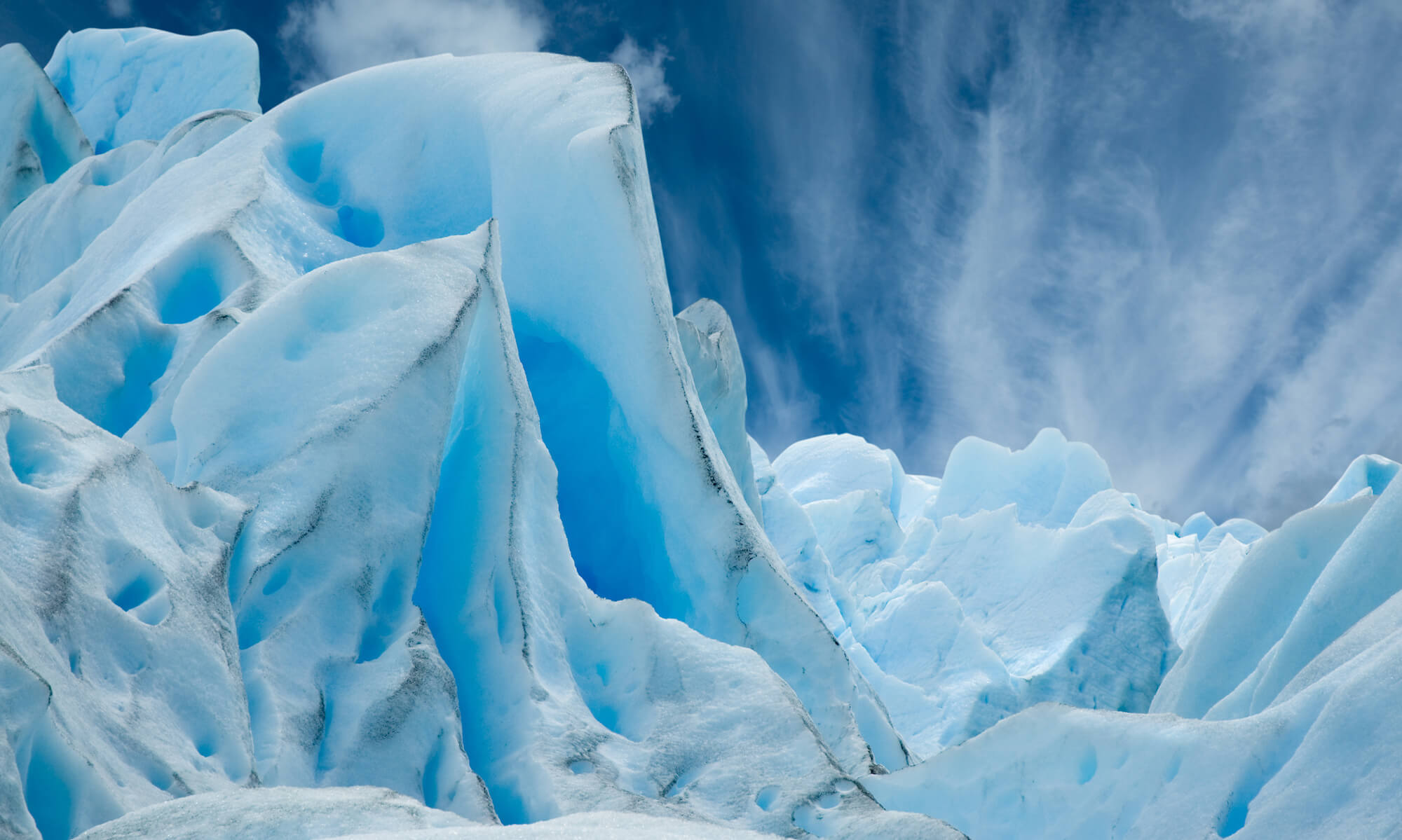
Ice stupas are artificially engineered glaciers meant to inspire innovative thinking in response to climate change.
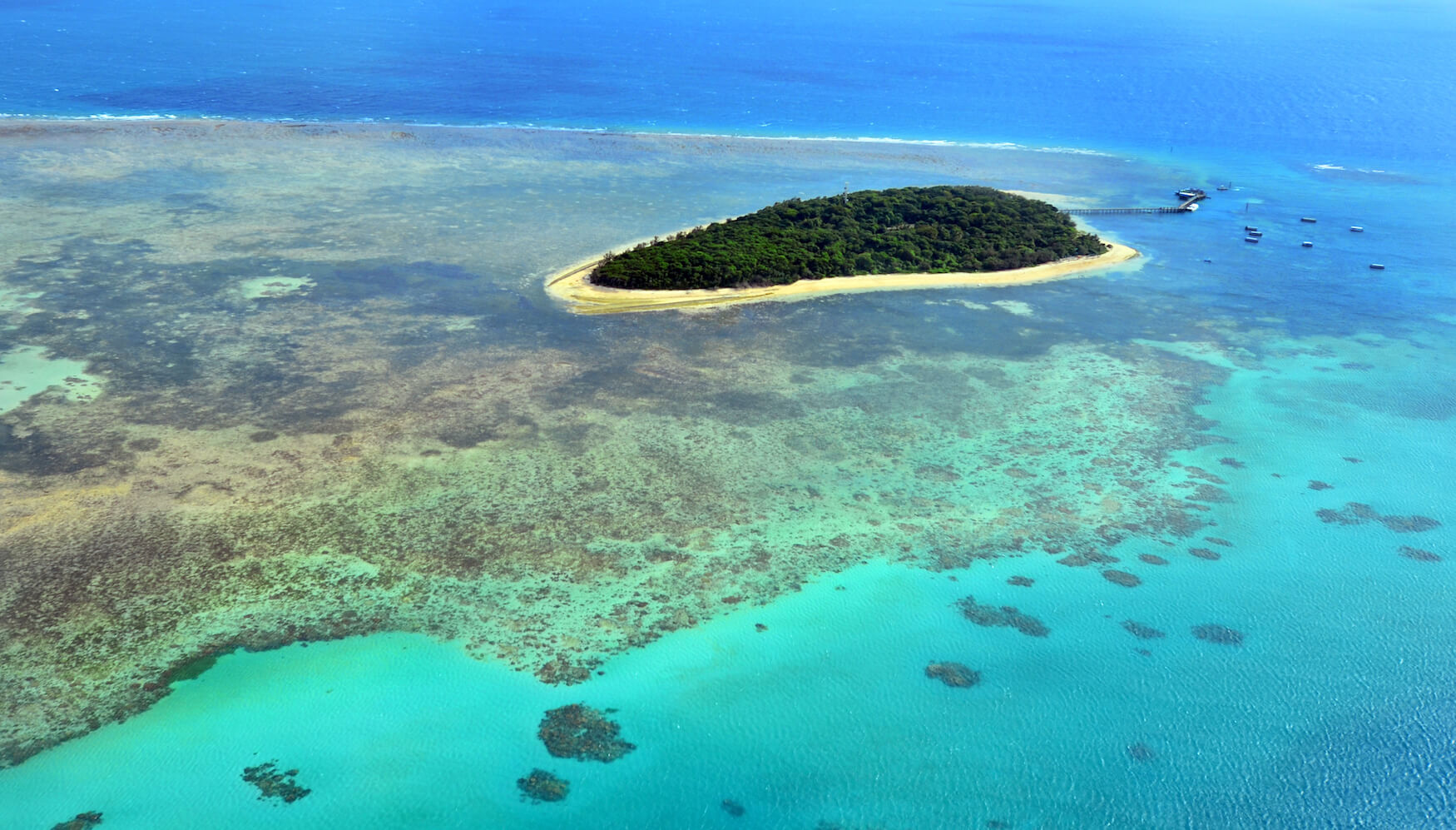
Coral reefs can provide protection from natural disasters. Find out what needs to happen in order to restore and better protect them.
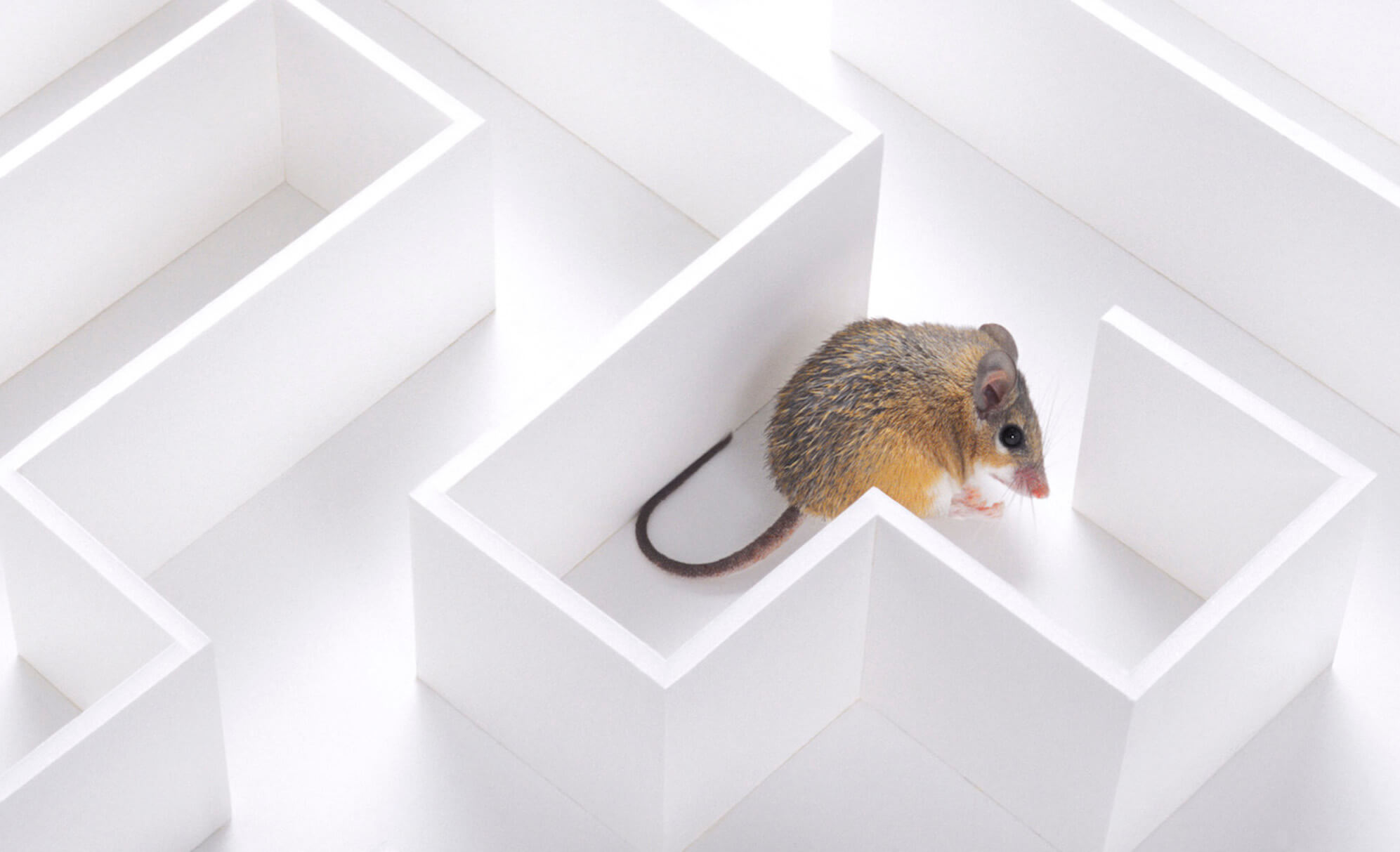
Using treats to train animals may be masking their true abilities. Watch the videos as you read the article.

Fireworks displays can be an awe-inspiring symbol of the United States’ independence. However, these chemical explosions could potentially release hazardous particles into the air. Read the article to learn more.
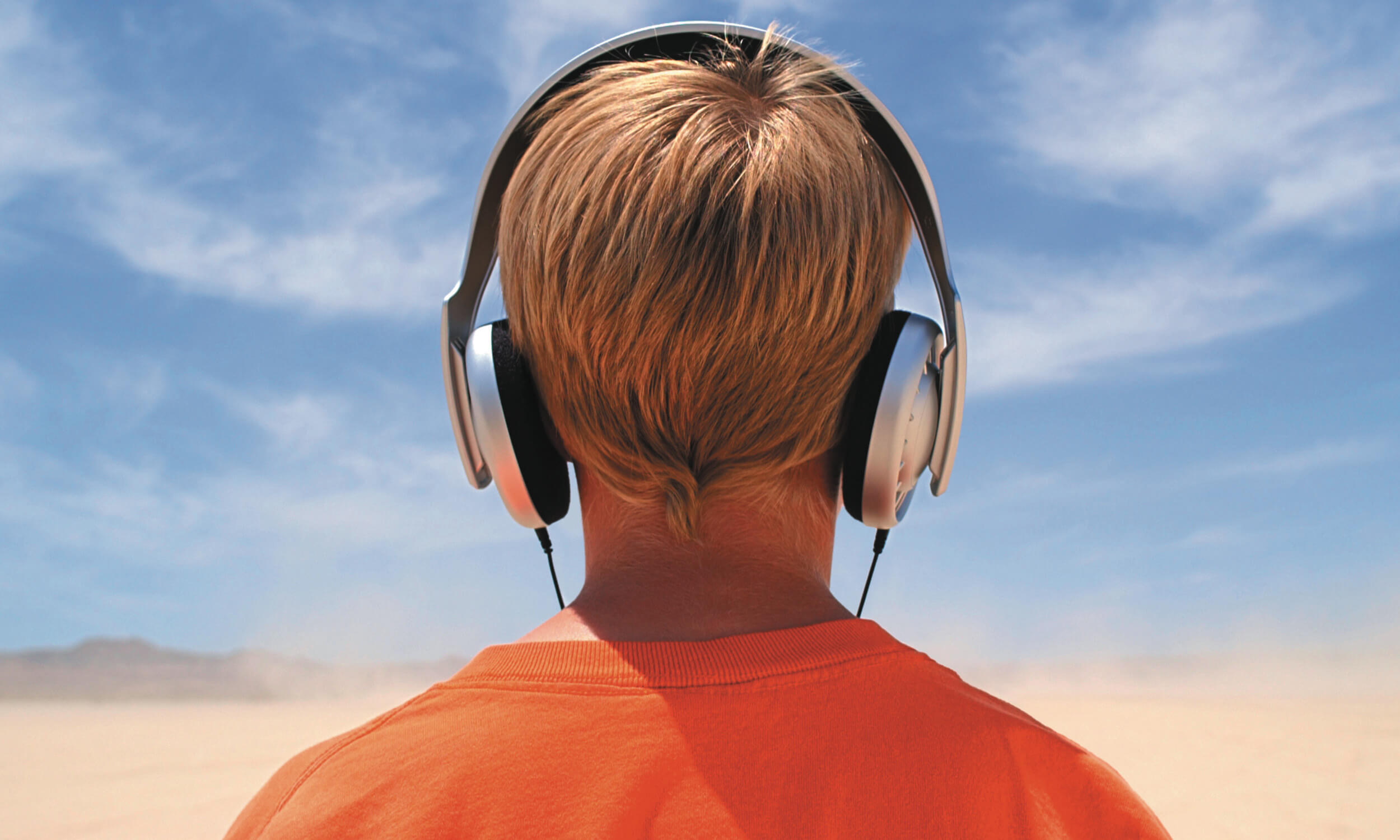
With the rise of music streaming, the music industry now produces less plastic waste than before. However, streaming music has its unintended consequences.
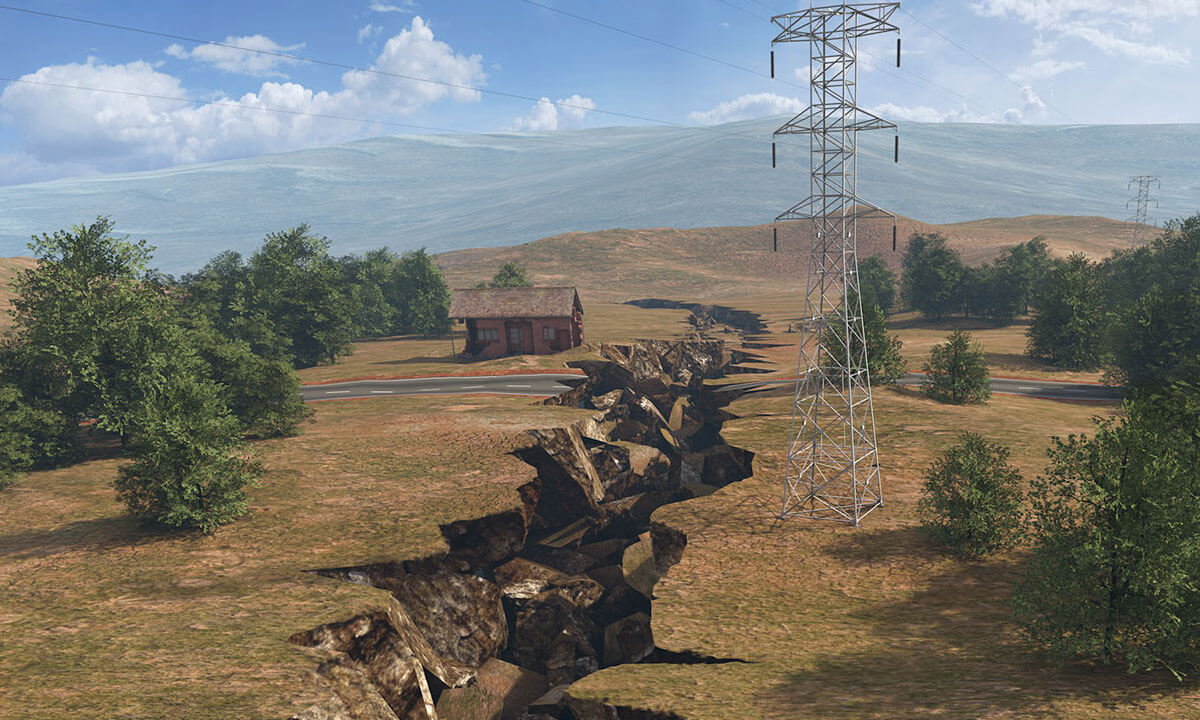
How can large earthquakes set off many smaller ones? Read on to learn more about the aftereffects of earthquakes.
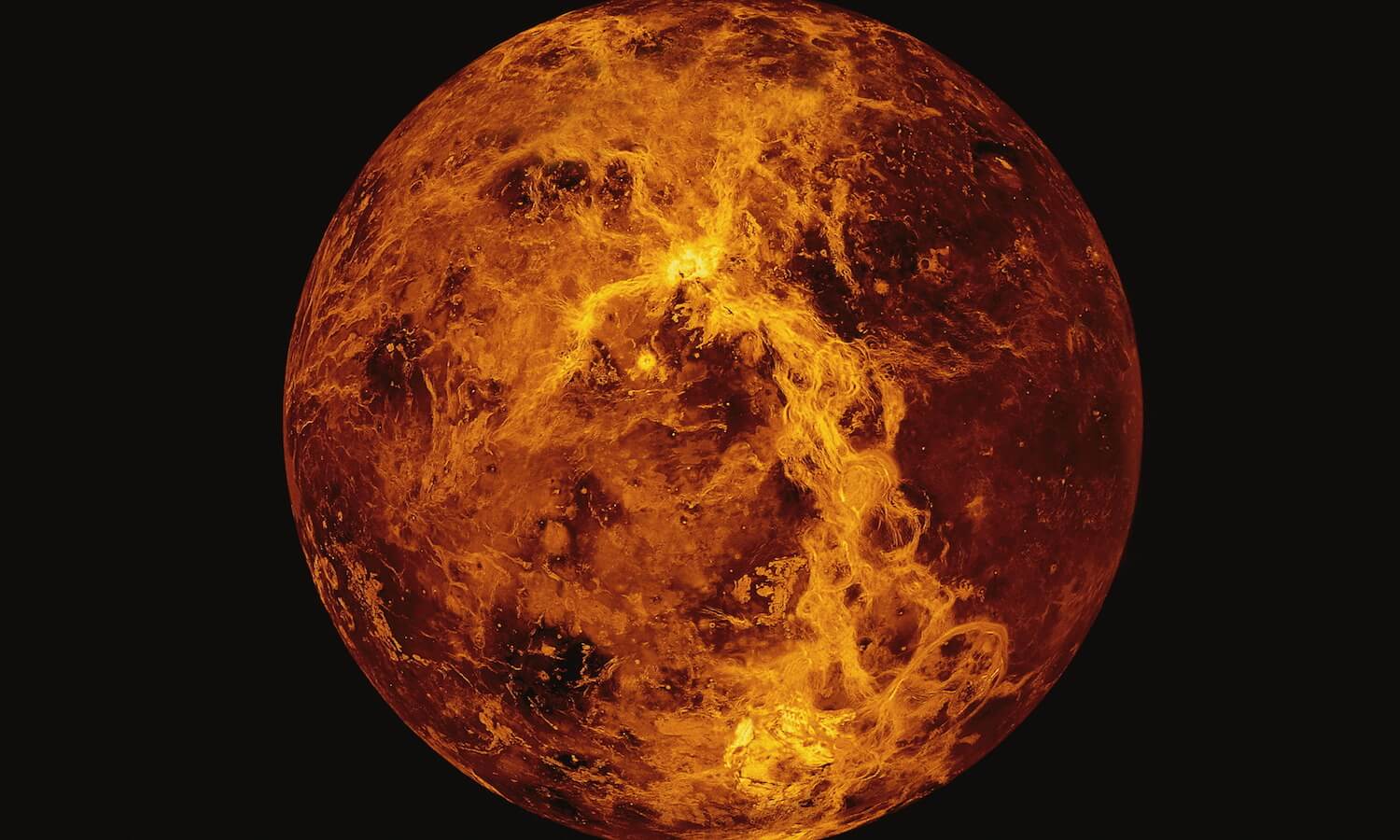
Humans currently have their eyes set on colonizing Mars in the near future. Read on to learn how Venus may be a better option.

Tongues can smell, sight can make us hear what isn’t there, and color can influence taste?! Read the article to learn more about how our five senses can be influenced by outside sources.

Psychologist Thomas Suddendorf argues the importance of identifying the similarities and differences between humans and other animals.

Researchers at Penn State have found that most participants in a study identified robots as male when they were presented with no gender cues, but simple alterations on the robots’ screens could strengthen anthropomorphic personalities that humans tend to give computers.

This article outlines 13 things psychologists say indicate the future success of children.

In this podcast Sarah-Jayne Blakemore, Professor of Cognitive Neuroscience, puts forward some scientific reasons about why teenagers take risks.
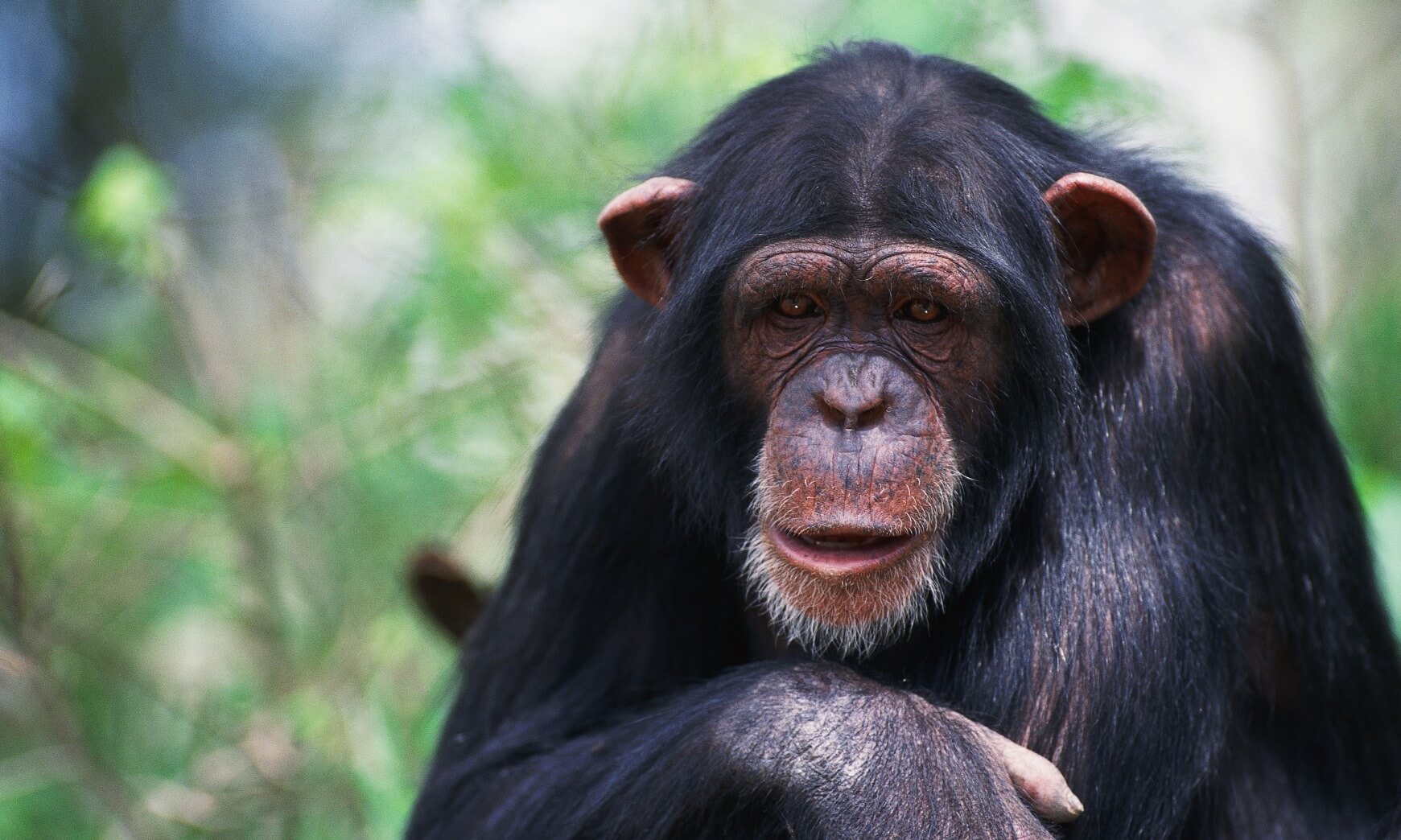
In response to movies about supersmart apes, National Geographic compiled this slideshow about how smart apes really are.

Exploring the deep sea poses many challenges for scientists. Read this article to learn about the submersible technology scientists use to study deep-water ecosystems. Click on the links to find out more about each type of submersible.

In 1894, Percival Lowell looked through his telescope and believed he saw canals on Mars. He thought they were proof of intelligent life on that planet. But were they really canals? Read about what Lowell actually saw and the effect of his theory on people’s imaginations.

In Boston’s schools, an initiative is creating outdoor spaces for learning and having great success. Students and teachers are finding that these outdoor classrooms are improving education.
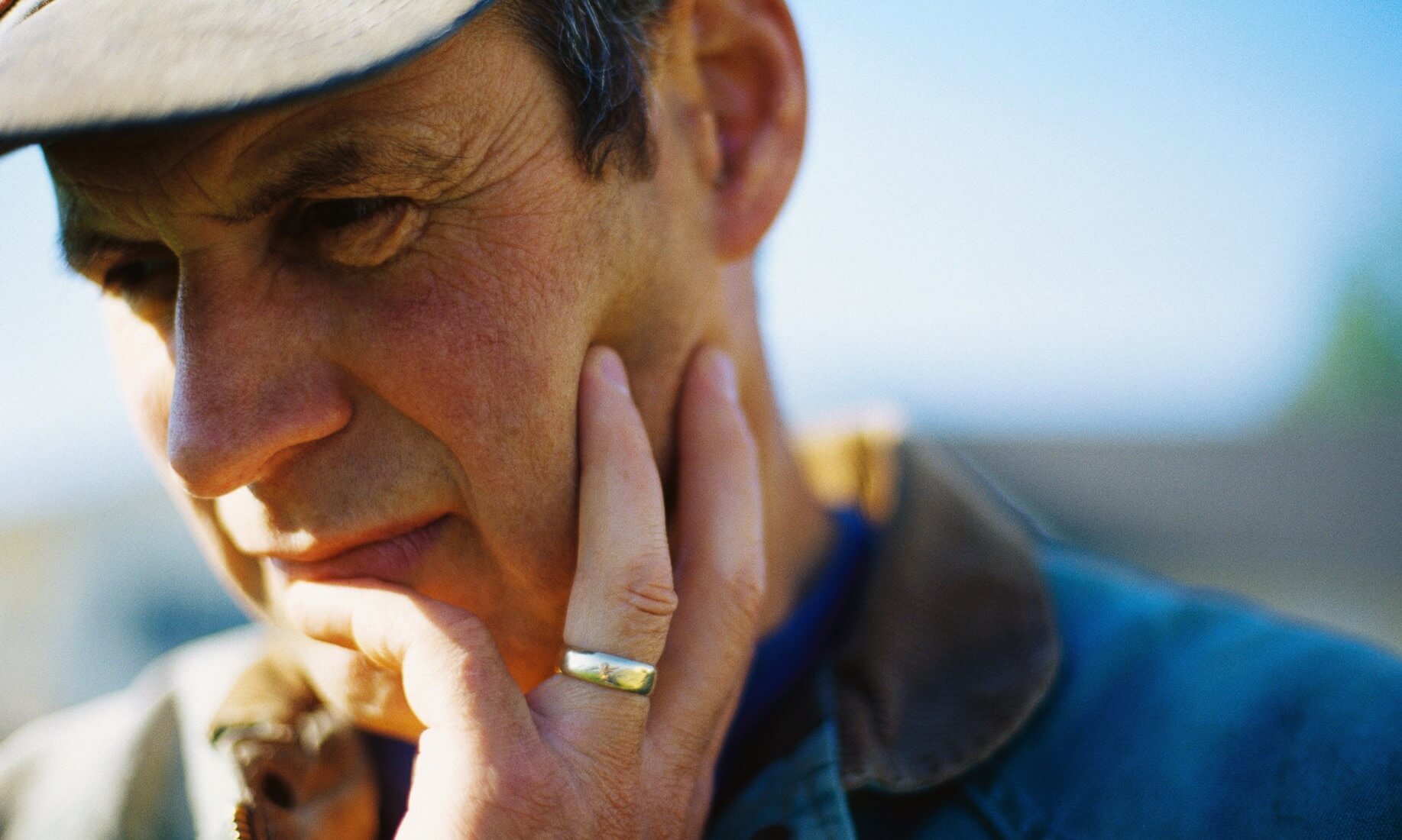
Climate change isn’t only about cars; find out what farmers are doing to help the planet.

The sun obviously affects us everyday, bringing light and warmth from 93 million miles away. But it’s not as constant and helpful as it might appear. Learn about the cycles of storms on the sun and how they affect all aspects of life on earth.